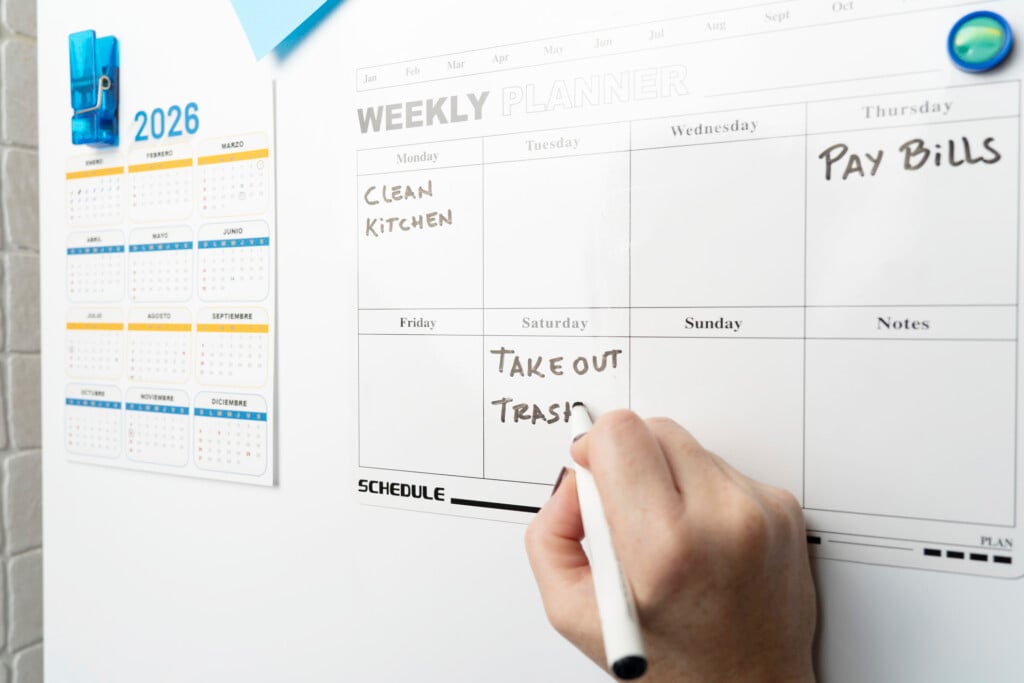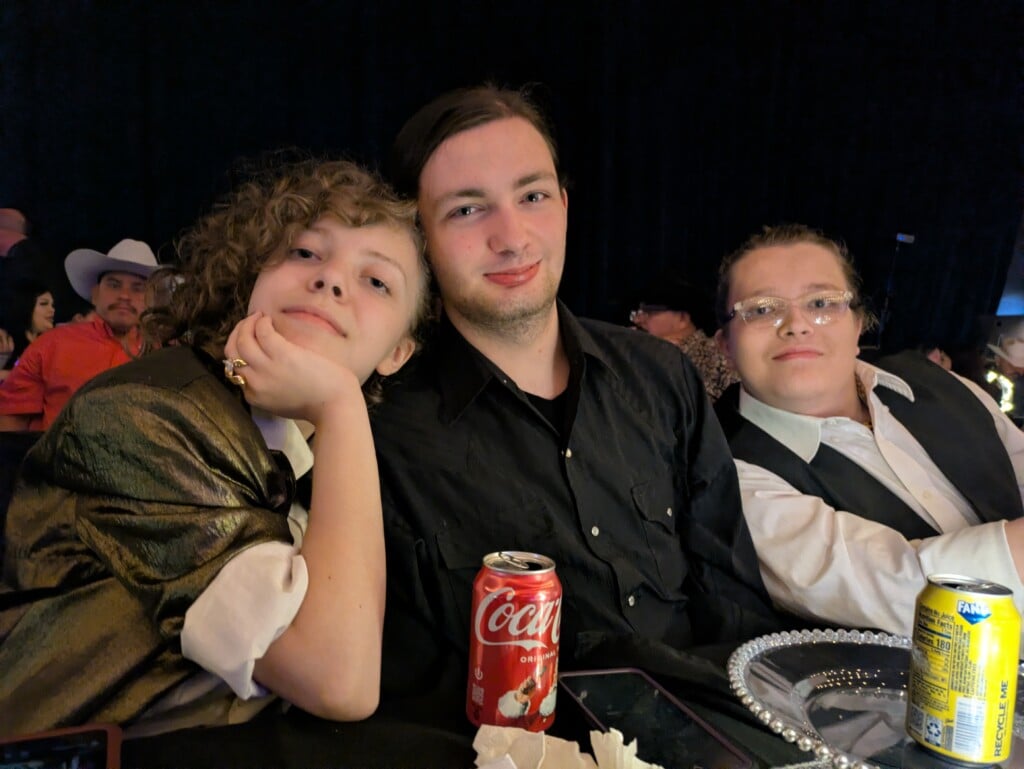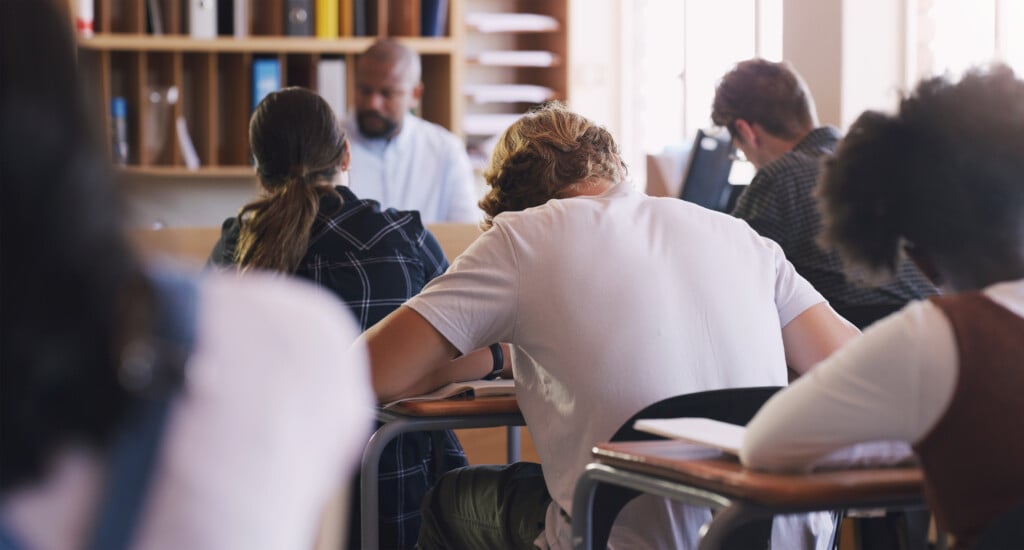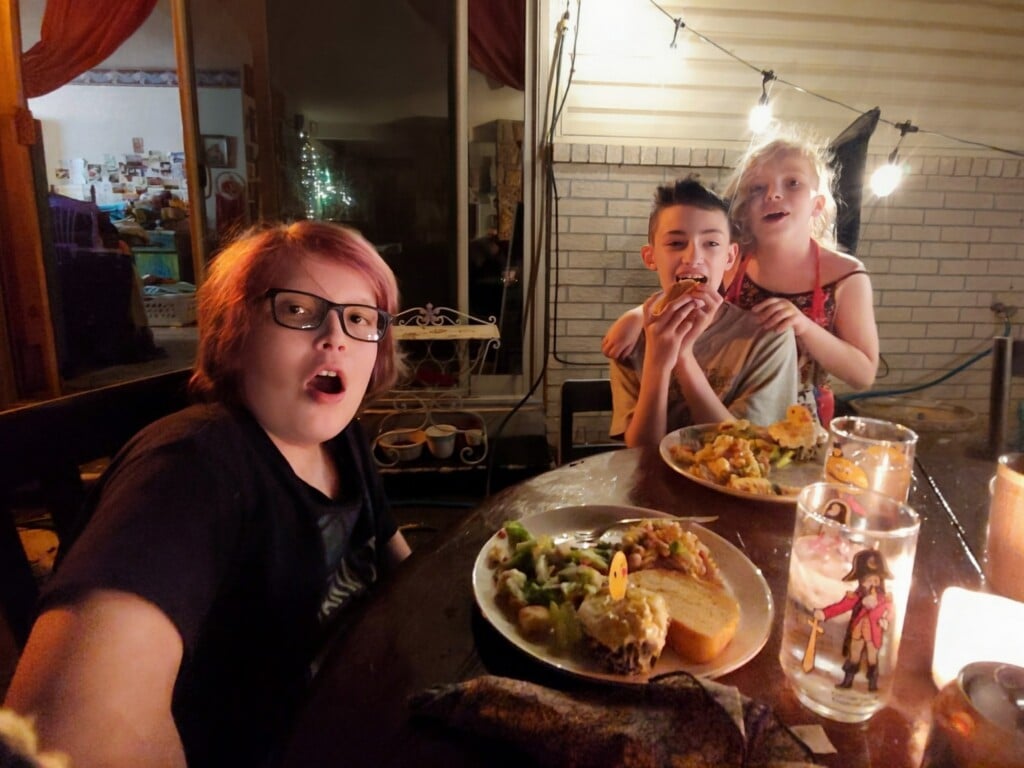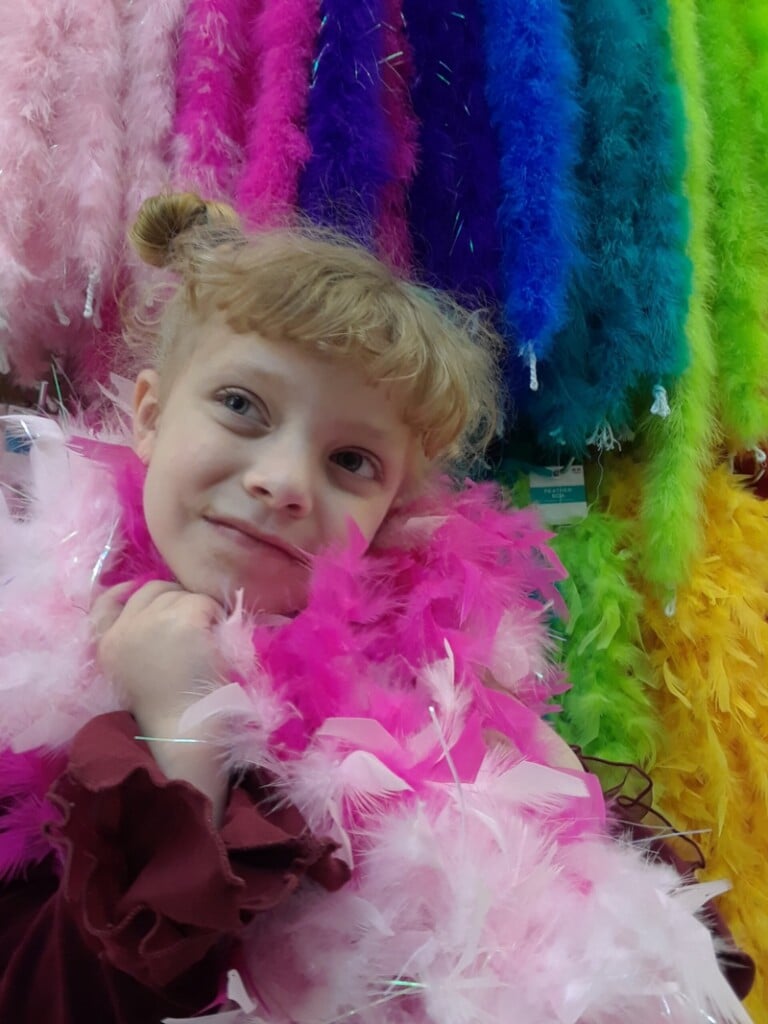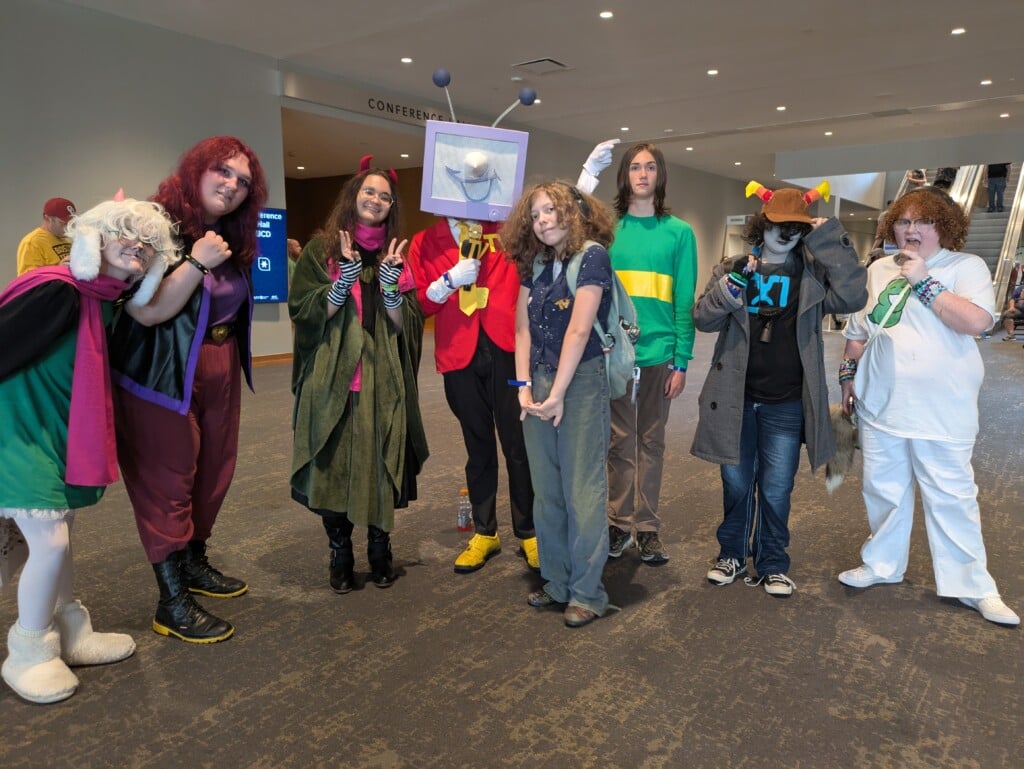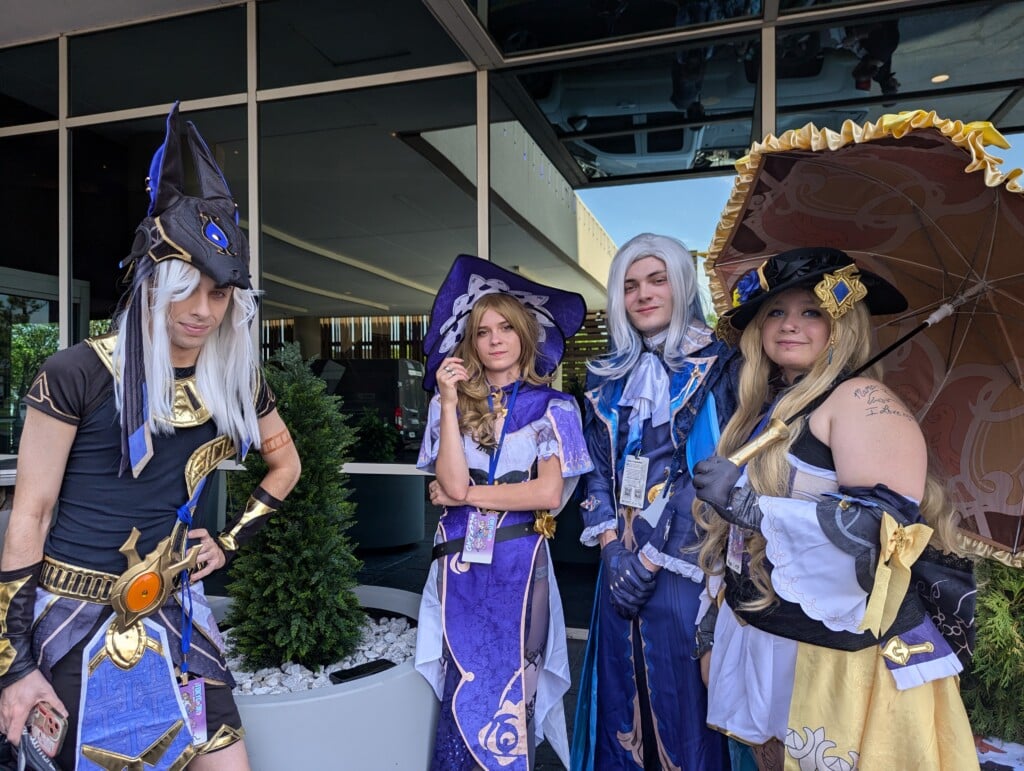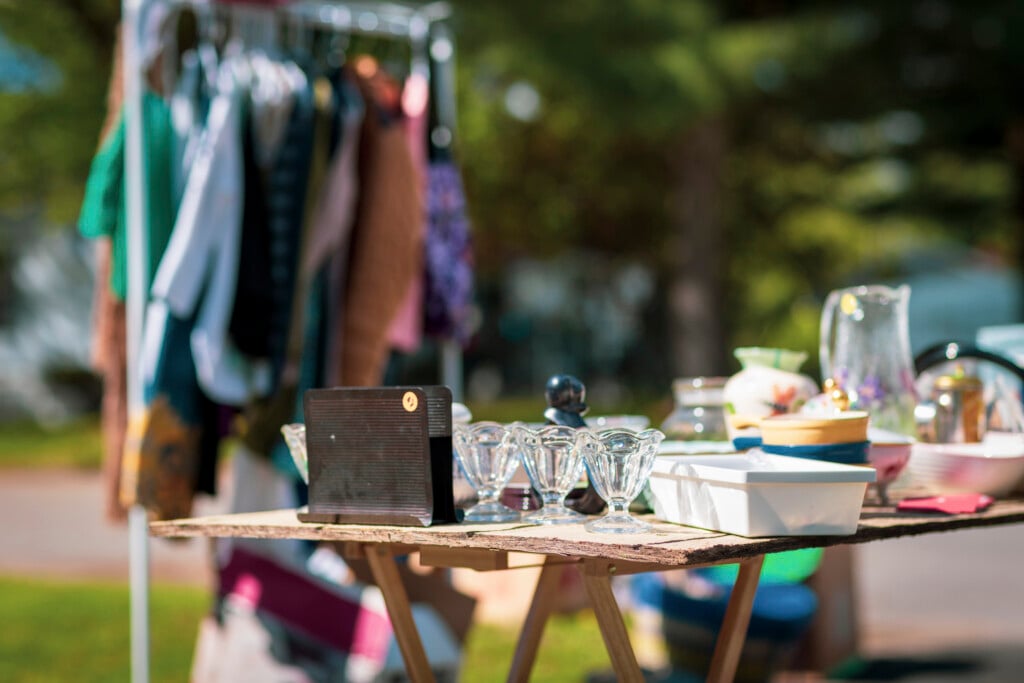Using YouTube as an Anxiety Sleep Aid
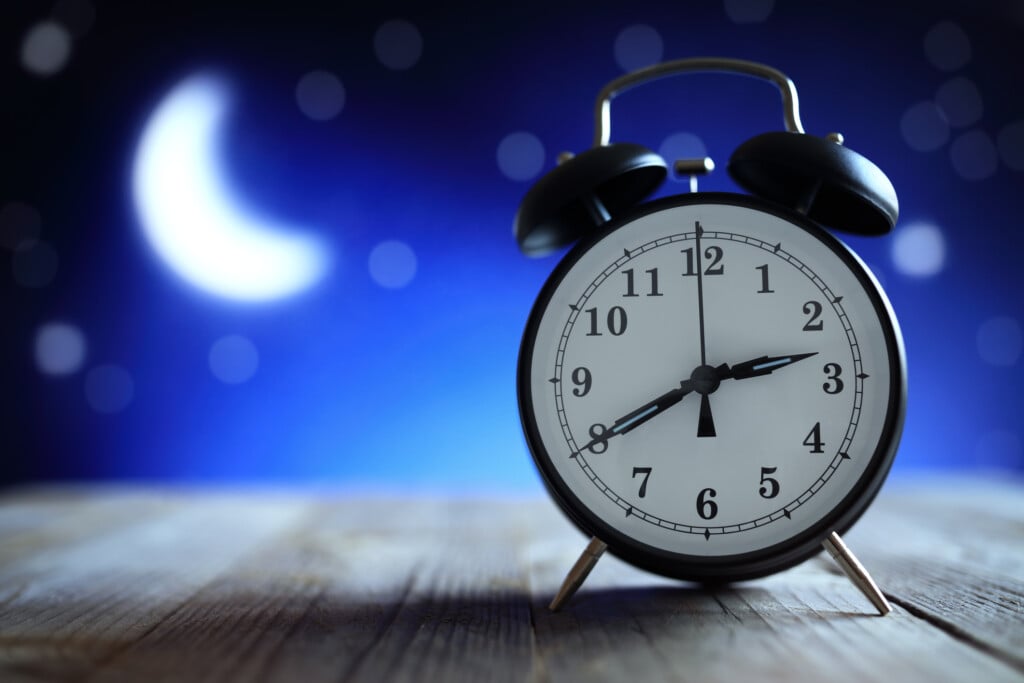
For as long as I can remember, I’ve struggled with sleep. My generalized anxiety disorder (GAD) went undiagnosed until my 30s, so I had no frame of reference or even the mental clarity to let myself recognize why I was constantly masking neurodivergent behaviors and struggling at bedtime. By the time I was in middle school, I would often lie awake in bed at night plagued by racing thoughts and ruminations — something that wasn’t helped by the fact that I had a mentally unstable parent who could keep us up yelling or charge into our bedrooms well after bedtime looking for a lost item or raging about something we’d done wrong.
Desperately Seeking Zzzs
The longer I would lie there, the more awake I often felt as anxiety began to slowly creep up. I’d replay embarrassing moments that happened in the school day, rude things another kid said to me, and uncomfortable interactions. I would obsess over all the schoolwork I hadn’t finished, dreading the long and miserable day ahead of me. I would run through horrific worst-case scenarios in my head. I’d worry about kidnappers, house fires, and other horrors. And good little Baptist kid I was, I’d even think about darker, more existential things like worrying about whether I was going to heaven or hell — was I born again the right way? Had I been properly penitent enough?
I watched the clock and it watched me, its digital face looming like an executioner. I would mentally calculate how much time I had left. “I can get by with six hours,” I’d think to myself. “If I have to make it through with four hours, I’ll be okay. I can catch up tonight.”
The later it got, the more I could feel my adrenaline spiking, causing my heartbeat to race. The effect was not unlike drinking a couple of shots of espresso. I only truly processed how serious this is after becoming a parent — imagining one of my kids suffering from this level of bedtime anxiety is frightening.
I never really shared this with anyone outside of my family, instead learning to mask and internalize the ever-crescendoing anxiety and sleep deprivation into my adult years. Instead of school, I would dread going into work, where I knew I would be tired and miserable. I felt trapped and exhausted, and yet I couldn’t seem to turn off my brain at bedtime. Like so many other issues that have become normalized in the digital age, I’ve only realized how many other people silently suffer from similar issues in the past few years as I’ve seen other folks begging for guidance in Facebook groups.
When I was finally diagnosed with anxiety disorder, I found some respite in medications that in many ways helped me to learn to manage my life for the first time. But they only helped me turn down the sound for a short time and, when coupled with my sleep deprivation, would often leave me feeling too groggy to function. I eventually came to realize something my doctor probably should have told me but didn’t: that anxiety meds can serve as a lifeboat to help you get to better solutions.
It was only after I started waking up with nocturnal back pain that I realized I can’t afford to deal with bedtime insomnia on top of needing to wake up and stretch at 3 a.m. I set off on a quest to find the sleep strategies that would finally help me turn off my brain. Sleep masks, white noise, binaural beats, Sleepytime tea, a weighted blanket — I tried everything.
Cracking the YouTube Sleep Solution
I stumbled onto the solution that works for me accidentally. One thing that would ease my suffering as a teenager was to watch late night television. It didn’t always work, but sometimes, turning on the TV would give me something to focus on other than the constant, obsessive noise inside my skull. For a few years, “Star Trek: The Next Generation” would play, and there’s a reason my kids sometimes call it “sleepy trek.” There’s a lot of talking on that show.
In my adult years, I often found that when I was tired, I would fall asleep while watching something “low-effort.” I cycled through shows like “Medium” and “Bones” for a while, not as an intentional sleep aid, but as a pre-bedtime wind-down time.
But after we started subscribing to YouTube Premium, I tried out a few audiobooks and podcasts — and I quickly realized I wasn’t making it very far into them. I would settle into bed, excited to slip into a deep dive on the fall of the Roman empire or the Plantagenets, and the next thing I knew, it would be morning. I’d try to find the last thing I remembered from whatever I’d been listening to the night before and realize I had only made it six minutes tops before passing out.
Realizing I had stumbled onto gold, I started experimenting with the formula, trying out different recordings to see what worked, what didn’t, and why. I found that the voice had to be somewhat monotone and droning. If there’s too much variation or the speaker seems too animated, it will catch my interest too much and keep me awake. The higher pitch of most female voices can keep me up, while male voices with English accents are like auditory Ambien. YouTube has lots of “whisper ASMR” channels, but those kind of give me the heebie jeebies.
I also realized that the pacing of the speech matters. When information comes at me too fast, it keeps my brain active, so I frequently turn down the recording speed to .75 if it feels like things are moving along too quickly.
And content and how it is presented matters, too. I enjoy futurism and quantum physics, but I’ve found that one of my favorite YouTubers, Isaac Arthur, is just too darned interesting for me to sleep through. The key is to give me something that’s just engaging enough to drown out and override my ruminating mind without getting my neurons firing too much.
Sound effects and mixing matter, too. I know some folks find rain or bird sounds really relaxing, but they make me feel more awake and unsettled. Certain types of music laid over the file can also keep me awake. And with YouTube Premium, I am able to either turn down or completely turn off my screen, freeing me up to listen as I start to drift off.
Snooze Therapy Vid Recommendations
Everyone is different, so what works for me might not work for other folks. But if you’re struggling with shutting off your brain at night due to anxiety, you might also find some relief by overriding your overactive mind with other voices — and you might learn something cool in the process.
To help you get started, here are a few of my favorite bedtime listening selections:
The French Whisperer
A soft-spoken French male voice presenting educational content on a variety of topics — everything from the history of timekeeping to different civilizations’ mythos.
Peter Yearsley-narrated Audiobooks
A droning older British gentleman who narrates a ton of books available from Librivox. I’ve linked “Life in a Medieval City.”
Centre Place Lectures
Centre Place is an interfaith community that presents highly authoritative lectures from theology and philosophy scholars on all sorts of topics related to theology and faith. This is my new favorite bedtime listening.
The Histocrat
Quietly spoken history documentaries that are heavy on information and light on the high-energy History Channel wow factor that makes that content so tough to watch these days.
Fall of Civilizations
A quietly spoken podcast series focusing on what it was like to live through the fall of major historical civilizations.
Irving Finkel Lectures
Irving Finkel is a world-renowned Assyriologist who works for the British Museum. He’s funny and brilliant with a gentle voice. He also talks pretty fast, so I dial down the speed on his lectures. I linked “Cracking Ancient Codes: Cuneiform Writing.”
Do you struggle with an overactive bedtime brain or have any recommendations for YouTube sleep aid videos? Drop me a line in the comments! Thank you so much for reading, and have a restful week in your little nebula!

